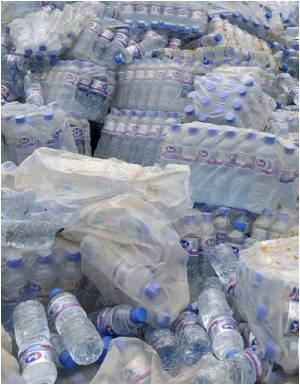
The unique feature of this discovery is that the switching on and off take place in the same location of the protein.
Normally these two opposing activities would happen in two different 'active sites'.
"From a protein function point of view, this is unique and has never been discovered anywhere else," said Jia.
The discovery opens the door for scientists to identify a molecule that can keep the bypass switch from turning on so bacteria will die in water.
Thus, drinking water would be cleaner and the incident of water bacterial contamination, such as the Walkerton tragedy, could be reduced.
Advertisement
On the other hand, discovering a molecule to keep the bypass switch turned on could produce a supply of the bacteria biotechnology companies use to produce compounds, such as insulin. Instead of using glucose in the fermenting process, companies could use less nutritional and cheaper acetate.
Advertisement
"So we haven't found a cure to stop diseases like E. coli water contamination, but we've provided a template for people to design a molecule that will disable its ability to survive in water.
It's like we have discovered how a lock works and now all we need is to design a key," said Jia.
Source-ANI
TAN











